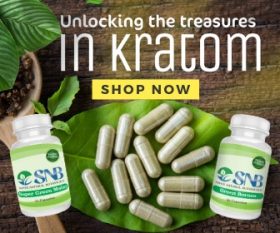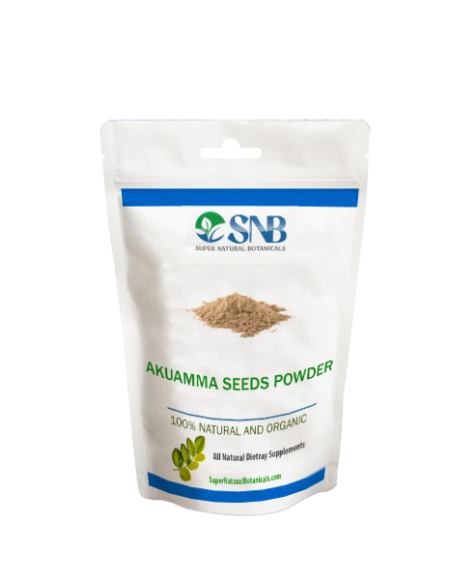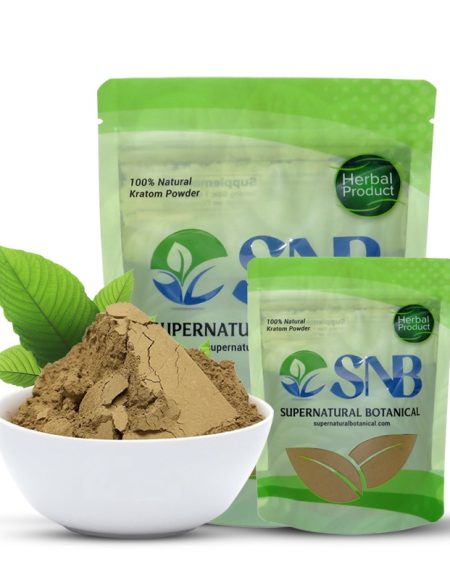In Nebraska, a legislative proposal known as Legislative Bill 972 (LB 972) is stirring considerable debate on the legal state of Kratom.
Sponsored by Senator Loren Lippincott, LB 972 seeks to categorize kratom as a Schedule 1 controlled substance. This classification would align kratom with substances deemed to have a high potential for abuse and no accepted medical use, effectively banning its use, possession, and distribution within Nebraska.
The Case for LB 972 in Nebraska
Proponents of LB 972 argue that the bill is necessary to safeguard public health. They express concerns about kratom’s potential for addiction and the absence of FDA approval. Senator Lippincott emphasized, “Five years ago, most people didn’t know what kratom was… but now it’s difficult to drive across town without seeing a store that sells it.” Highlighting the risk of addiction, he added, “Kratom actually works to some extent, but try getting off kratom. You can’t do it, or it’s very difficult to do”.
Opposition Points
Opponents of the ban present a different narrative, underscoring kratom’s role in pain management, depression relief, and opioid withdrawal assistance. They advocate for regulation rather than prohibition, pointing to the benefits that many individuals derive from kratom. Sarah Linden, an opponent of the bill, represents this viewpoint by stating, “Kratom users are regular people — soccer moms, athletes, construction workers, and older folks looking for natural remedies rather than pharmaceutical prescription drugs [that] have failed them,” captures the essence of the argument against the ban, highlighting the diversity and normalcy of kratom users.
Moreover, Mac Haddow of the American Kratom Association argues against the ban, suggesting it could worsen the opioid crisis by eliminating a safer alternative. He proposes that Nebraska should instead adopt the Kratom Consumer Protection Act, highlighting, “Banning kratom could exacerbate the opioid crisis by forcing the millions of people who use kratom back to medications with much more dangerous side effects”.
The Debate on Public Health vs. Personal Freedom
The focus of the debate was on a critical question, “How do we balance the need to protect public health by respecting individual rights to make personal health decisions?”
Proponents of the bill, like Senator Loren Lippincott, underscore the potential dangers of kratom, highlighting its addictive nature and the lack of FDA approval as primary concerns.
Lippincott’s remarks, “Kratom actually works to some extent, but try getting off kratom. You can’t do it, or it’s very difficult to do,” reflect a broader apprehension about substances that may pose risks to public health.
Conversely, opponents of the ban argue from a standpoint of personal freedom and the therapeutic benefits that kratom offers. They present kratom as a critical resource of health benefits for the people, emphasizing its role in their lives as a natural supplement to pharmaceuticals.
What to Expect in the Future?
As the Nebraska Legislature continues to deliberate LB 972, the outcome remains uncertain. However, this debate is likely to influence not just the future of kratom in Nebraska but also set precedents that could affect national policy.
If the bill passes in Nebraska, it might encourage other states to consider similar bans. However, if it’s rejected or modified to allow regulated use, it could become a model for a more balanced approach to managing substances like kratom.
Conclusion
In my view, the debate over kratom and LB 972 is really about finding the best way to protect public health while respecting personal freedom. Outright bans might seem like an easy solution to complex problems, but they often ignore the nuanced realities of people’s lives and needs. A more effective approach might be to regulate kratom, ensuring it’s safe for those who rely on it while researching its effects more thoroughly. This way, policies can be based on solid evidence, balancing safety with respect for individual choice.
The conversation around kratom in Nebraska highlights the need for open dialogue informed by real-world experiences and scientific research. By embracing regulation and research, we can navigate these challenges thoughtfully, ensuring policies that protect public health without unnecessarily limiting personal freedoms.


Jennifer Kurtz is a founder of KratomGuides.com and studied medicine at the New Jersey School of Medicine (Rutgers). She is passionate about developing her knowledge of Kratom, and nutritional supplements. In addition to attending medical webinars and conferences, she loves to write research-based articles for magazines, healthcare professionals, and medical agencies. Jennifer is always looking to develop her knowledge for the Kratom through scientific researches and frequently asked questions of customers looking to buy kratom from reliable sources.












